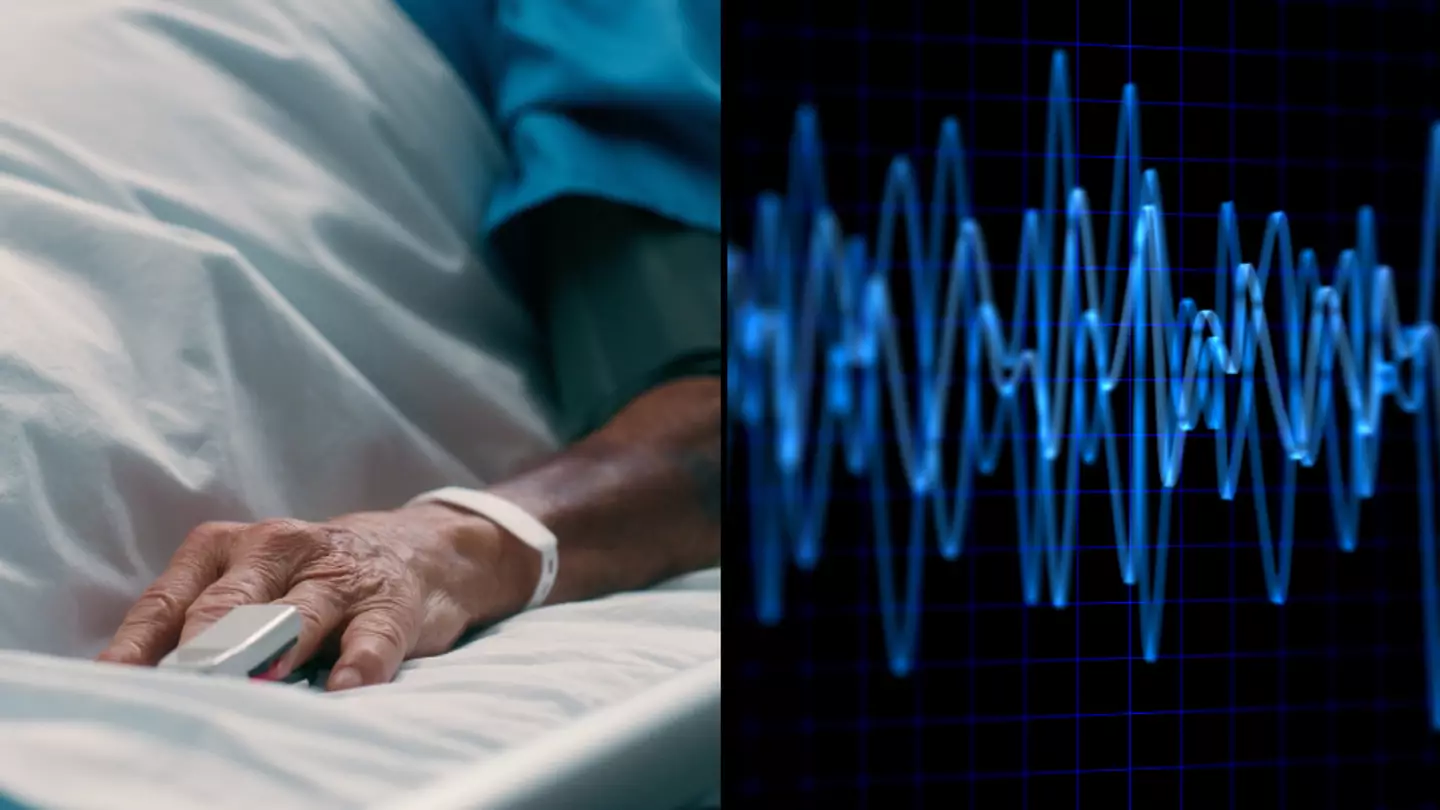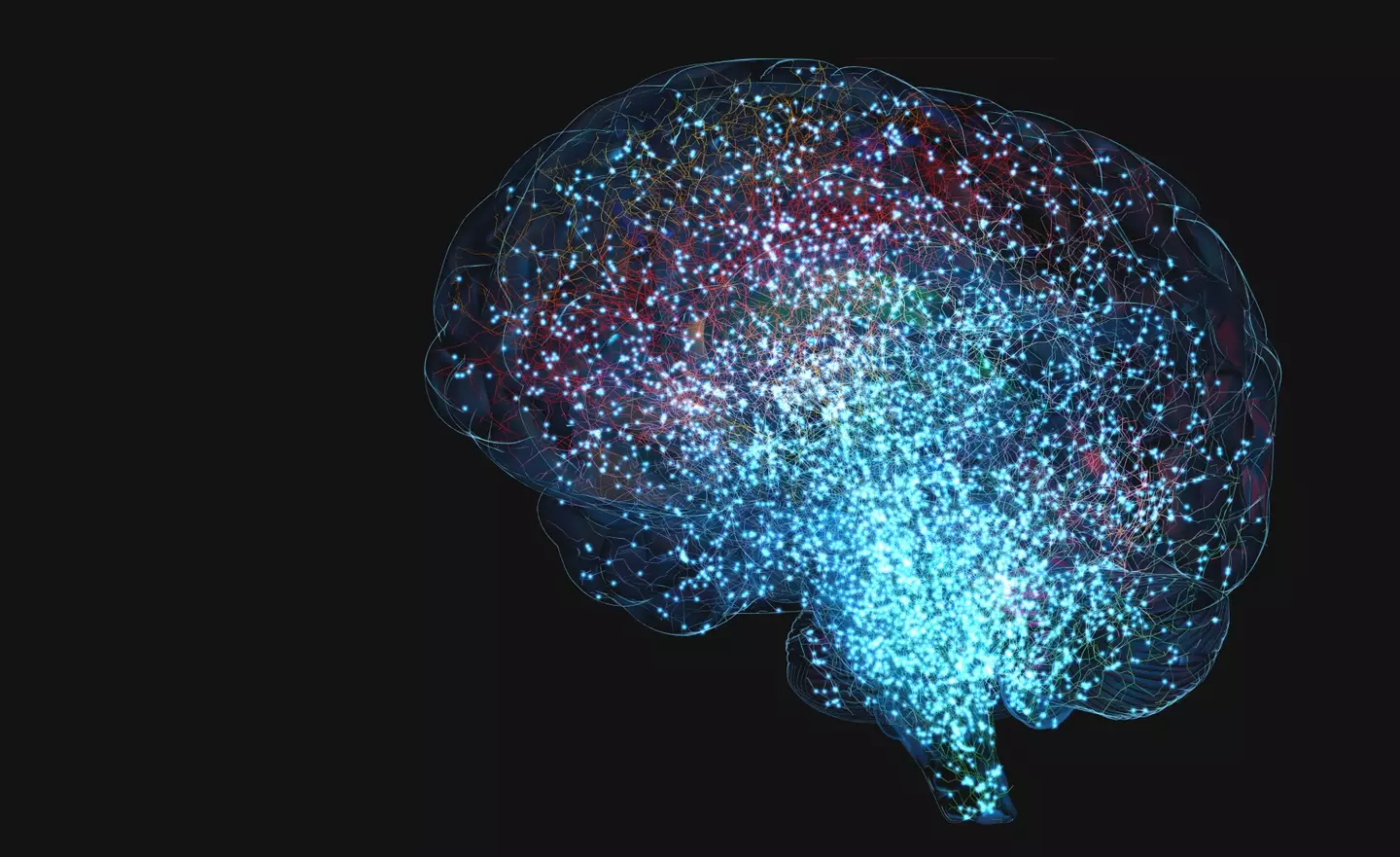
If you're one of those people who is simply desperate to know what exactly happens when you die, you're in luck - as new research suggests that it might be a bit more eventful than most would expect.
Jimo Borjigin, a professor of neurology at the University of Michigan, believes her incredible findings are 'only the tip of a vast iceberg' and there is still much more investigation to be done, but it's a strong start.
Like many of us, she was intrigued by the supposed phenomena surrounding near-death experiences and the million dollar question of what happens when we shuffle off this mortal coil.
Advert
The neuroscientist, from the US, wasn't convinced by surviving patients claims of out-of-body experiences or encountering the afterlife, but she did suspect something was bubbling away in their brains.
Back in 2013, Borjigin conducted a study on rats in her laboratory which detected that the animals had a high level of brainwaves after their hearts stop and their brains lose oxygen.
She suggested that the surge of electrical activity could be responsible for the bizarre things people report after a near-death experience, as it could indicate a heightened state of consciousness in humans.
The professor said at the time: "A lot of people thought that the brain after clinical death was inactive or hypoactive, with less activity than the waking state, and we show that is definitely not the case.
"If anything, it is much more active during the dying process than even the waking state."

In wake of her discovery, she decided to carry out further research - but this time, she needed human case studies.
"To die is such an essential part of life," Borjigin told The Guardian in April this year. "But we knew almost nothing about the dying brain."
To find out more about it, Borjigin and several colleagues began analysing the record of electrical activity inside the brains of patients who had passed away at the University of Michigan neurointensive care unit.
One of these was a 24-year-old pregnant woman who had been taken off life support by her loved ones in 2014 after slipping into a deep coma while suffering severe swelling on her brain.
And when her family made the heart-wrenching decision to withdraw her treatment, a series of strange things happened.
Borjigin said: "I believe what we found is only the tip of a vast iceberg. What’s still beneath the surface is a full account of how dying actually takes place. Because there’s something happening in there, in the brain, that makes no sense."

After the woman - known as Patient One - was taken off oxygen and nurses removed the breathing tube from her throat, her brain lit up with a flurry of activity.
The research, which was published for the first time last year, found that organ was buzzing with high-frequency electrical signals called gamma waves in areas which had been 'nearly silent' while she remained on life support.
"As she died, Patient One’s brain was functioning in a kind of hyperdrive," Borjigin explained.
She noted that sections of the brain which scientists regard as a 'hot zone' for consciousness were ignited by gamma waves - which are linked to the retrieval of memories and dreaming.
The research team detected signals in one section for more than six minutes, while there was an 'intense synchronisation' of Patient One's brain waves for around two minutes after her oxygen supply was removed.

This activity decreased for around 18 seconds, before boosting again for more than four minutes, diminishing again and returning once more - while other parts of her brain were in 'close communication' with each other.
Parts of the brain which are associated with empathy also lit up, Borjigin said.
These findings brought the professor to the conclusion that Patient One likely experienced a 'near-death experience with many of it's major features' - such as seeing a bright light and flashbacks.
She reckons it suggests that the idea that the brain immediately stops functioning at the point of death is rubbish.
"The brain, contrary to everybody’s belief, is actually super active during cardiac arrest," Borjigin added.
"The brain is so resilient, the heart is so resilient, that it takes years of abuse to kill them. Why then, without oxygen, can a perfectly healthy person die within 30 minutes, irreversibly?"